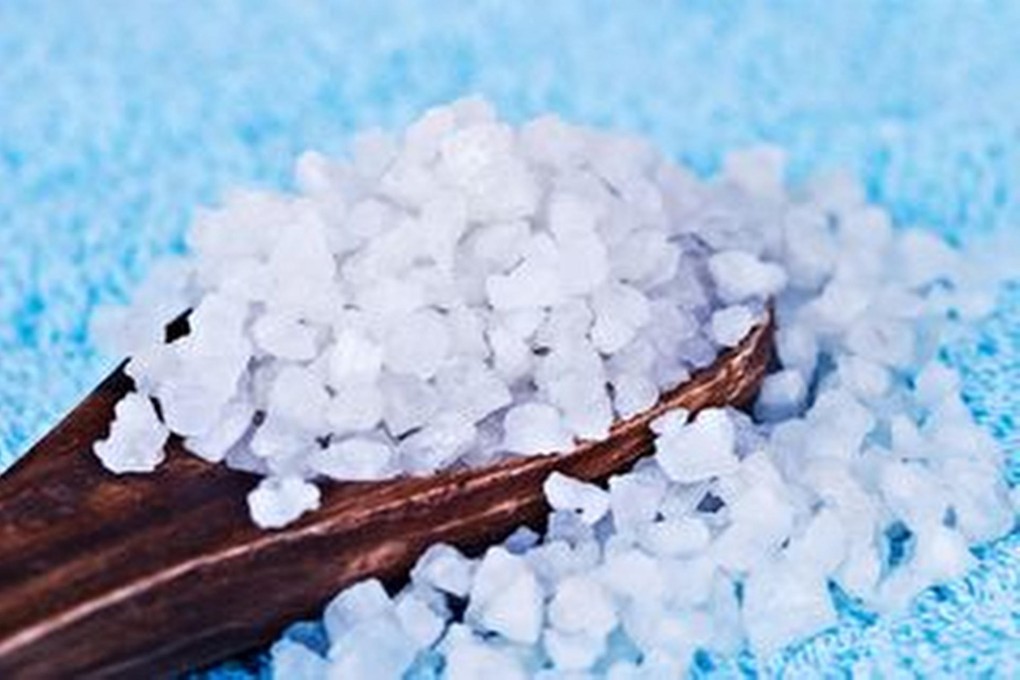Chinese consumers develop taste for premium salt imports
Foreign suppliers to tap rising demand for quality products as mainland market opens

Foreign companies are hoping to find space at the table as the tightly controlled salt industry on the mainland is gradually opened up, boosted by rising demand for higher quality imports.

Ding's thyroid condition stems from excessive iodine intake, a non-metallic mineral added to salt in the production process. Iodine has been added to salt since 1996 because of a deficiency of it in the average diet.
Ding's need for higher-grade salt puts him among the thousands who are turning to premium products.
While China is the world's largest producer, a senior manager at a state-owned distributor concedes that premium edible salt from overseas is superior.
Beijing's identification of the salt industry as being of vital importance to the national economy has kept it in state hands, barring foreign producers from direct distribution but allowing them to link up with state firms in joint ventures. Price controls also are seen as hobbling the development of the industry.